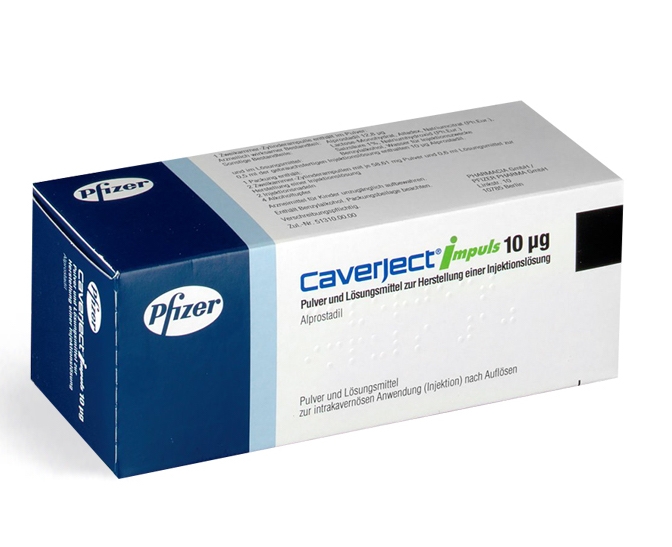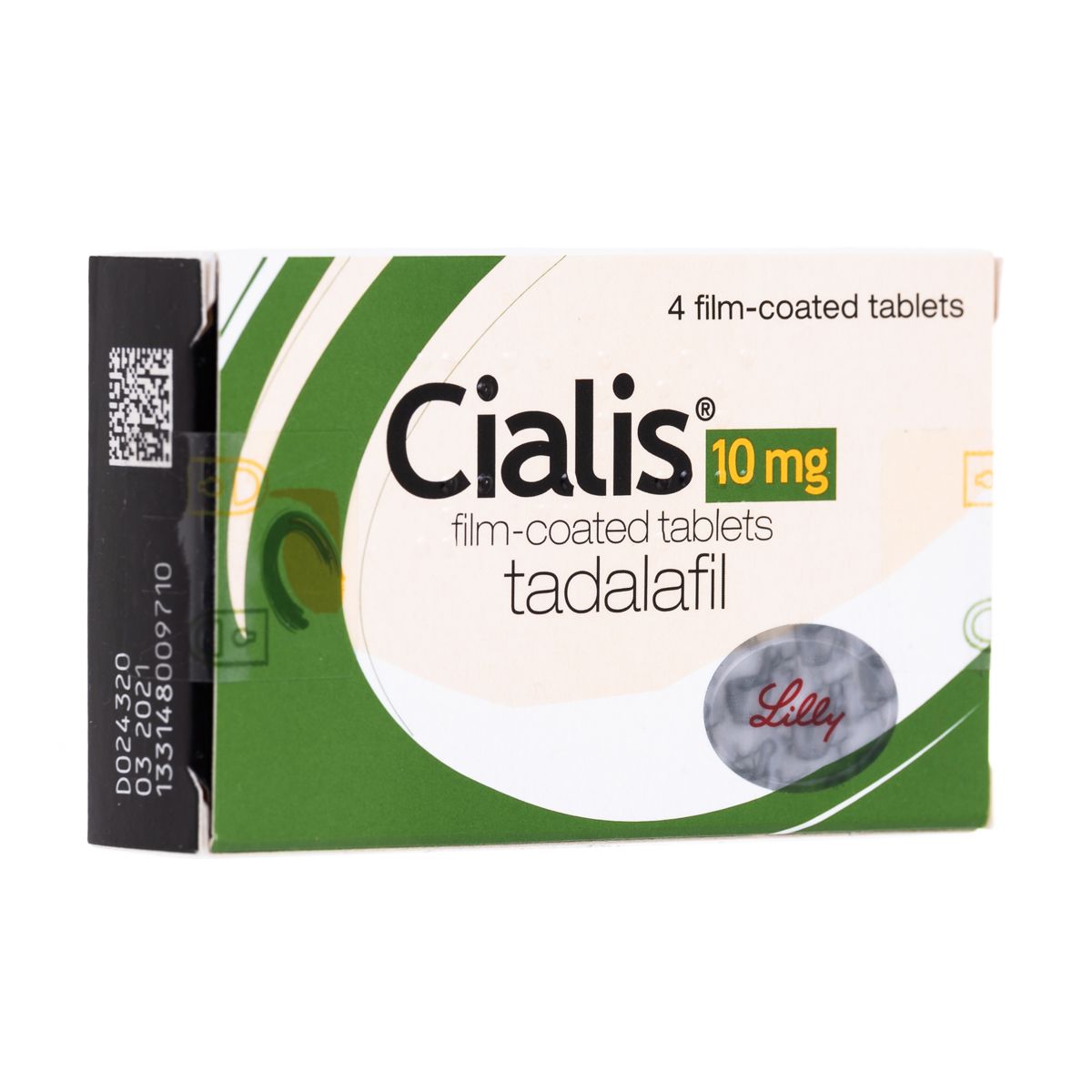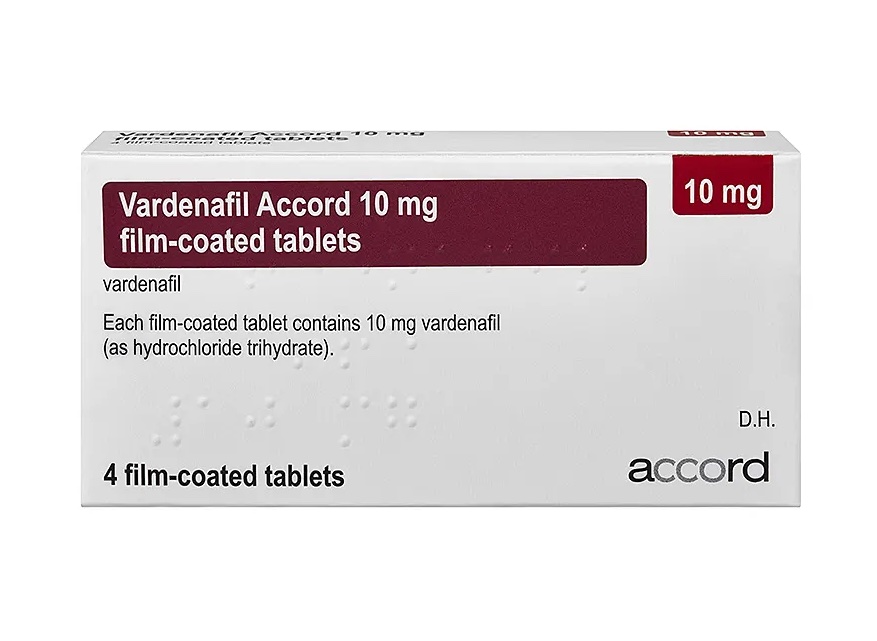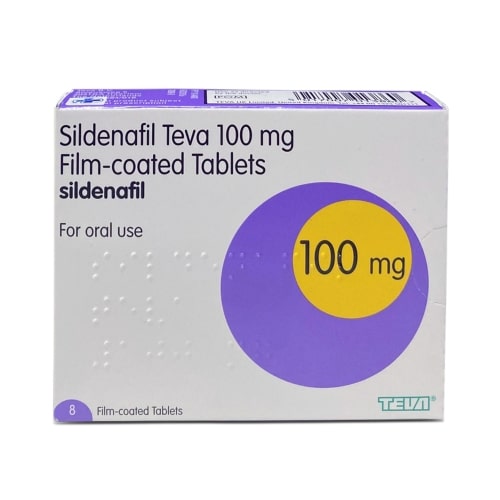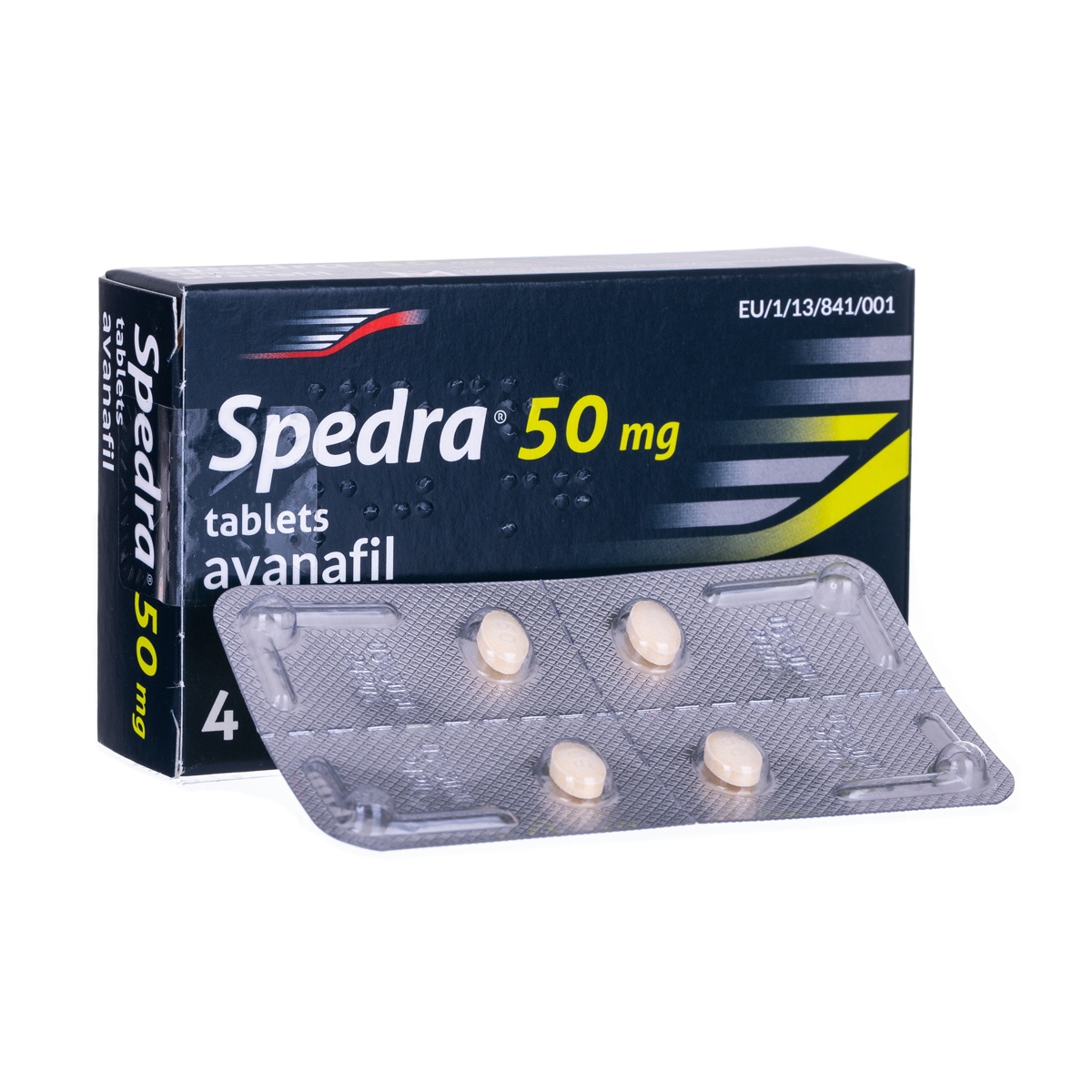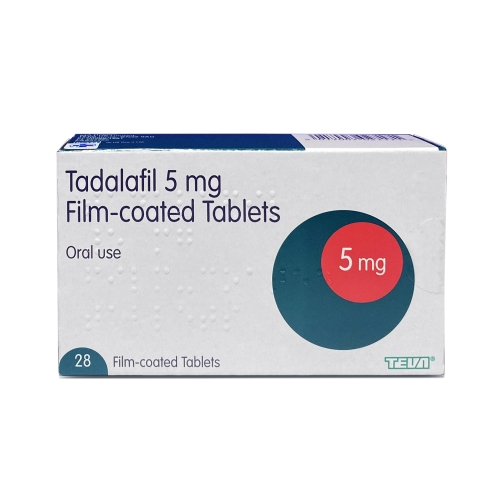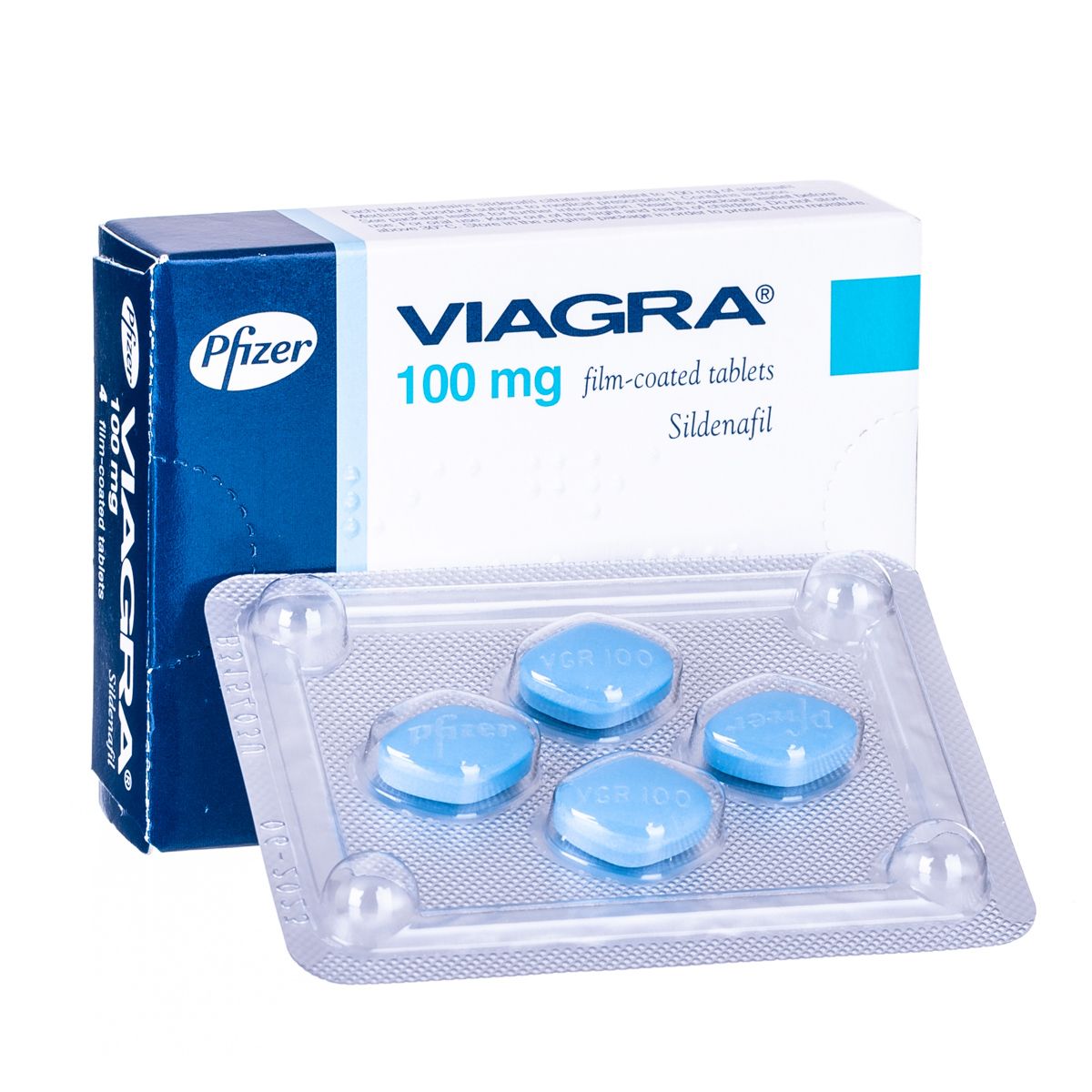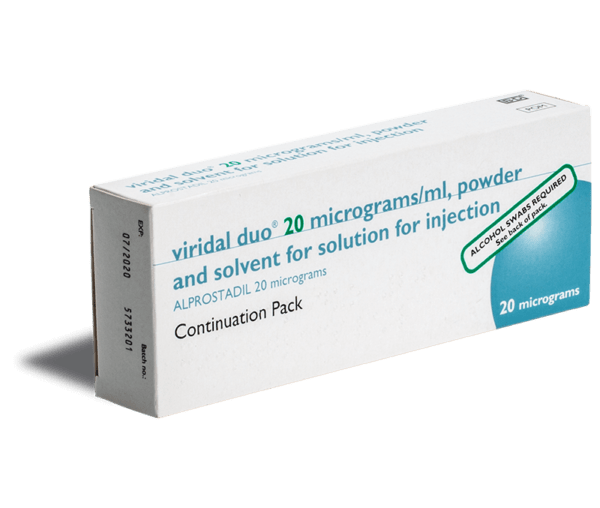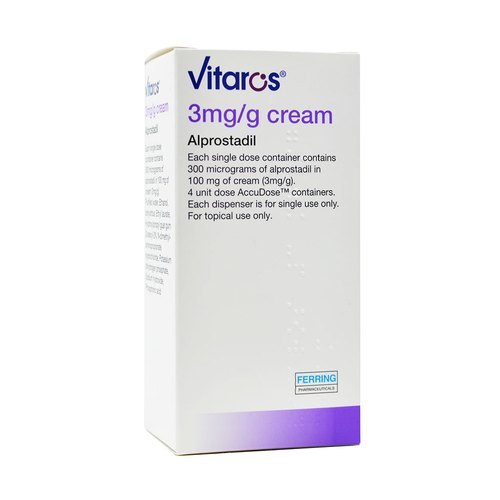ERECTILE DYSFUNCTION
What is Erectile Dysfunction?
Erectile Dysfunction (ED), also known as impotence, refers to the inability to achieve or maintain an erection sufficient for satisfactory sexual performance. It is a common condition that can affect men of all ages, although it becomes more prevalent with increasing age. Erectile dysfunction can have various causes, including physical, psychological, or a combination of both. Physical causes of erectile dysfunction may include underlying health conditions such as cardiovascular disease, diabetes, high blood pressure, hormonal imbalances, obesity, and certain neurological disorders. Lifestyle factors such as smoking, excessive alcohol consumption, drug use, and sedentary behavior can also contribute to the development of erectile dysfunction. Psychological factors can play a significant role in erectile dysfunction. Stress, anxiety, depression, relationship issues, and performance anxiety are examples of psychological factors that can interfere with sexual arousal and contribute to difficulties in achieving or maintaining an erection.How Does Erectile Dysfunction Treatment Help?
When men experience sexual arousal, their brain initiates the transmission of nerve signals to the penis, resulting in an erection. This process involves increased blood flow to the penis, causing it to become firm. However, some men face difficulties in obtaining or sustaining an erection for satisfactory sexual activity, a condition known as erectile dysfunction (ED) or impotence. Our erectile dysfunction treatment offers assistance to men seeking to achieve an erection and enhance their sexual experiences. The choice of treatment depends on identifying the underlying cause of the issue. It is important to note that erectile dysfunction is a common condition, affecting approximately 50% of men aged 40-70 according to research. It is distinct from ejaculation issues, such as premature ejaculation, which involve rapid arousal, orgasm, and ejaculation.Erectile dysfunction is caused by psychological and physical factors. These include:
Psychological: anxiety or stress, depression, relationship difficulties. Physical: any problem that relates to the nervous system or to circulation could cause erectile dysfunction, e.g. the narrowing of blood vessels leading to the penis (as a result of high blood pressure, high cholesterol, diabetes, or other factors), an injury or as a result of surgery. Changes in hormone levels can also cause ED. It is also possible for some medicines to cause erectile dysfunction. You might find that you sometimes experience difficulty getting an erection and other times find it very easy. For example, you might get an erection in the morning and when you masturbate, but not when you try to have sex with your partner. In this type of scenario, it is likely that the cause of your erectile dysfunction is psychological. It could be stress related, for example. If you can’t ever get an erection, under any circumstances, the causes of your impotence are probably physical.Examples of medicines that can cause ED in men;
- Diuretics – cause your body to increase the amount of urine it produces. Commonly used to treat high blood pressure, heart failure and kidney problems.
- Antihypertensives – used to treat high blood pressure, e.g. beta-blockers.
- Fibrates – are prescribed to decrease cholesterol levels.
- Antipsychotics – used for some mental health conditions, like schizophrenia.
- Antidepressants – prescribed to tackle depression or sometimes pain
- Corticosteroids – contain steroids (these are a type of hormone)
- H2-antagonists – for stomach ulcers
- Anticonvulsants – prescribed to people with epilepsy
- Antihistamines – used to manage allergies, like hay fever
- Anti-androgens – suppress androgens (male sex hormones)
- Cytotoxics – used in chemotherapy
The mentioned options are treatments for erectile dysfunction, with Viagra and Levitra having an effect for approximately four to eight hours after consumption. Cialis and Tadalafil, on the other hand, provide a longer duration of action, lasting about a day and a half, making them more suitable for those seeking extended treatment, such as over a full weekend.
All erectile dysfunction treatments typically begin to take effect within half an hour to an hour. Taking the medication on an empty stomach can accelerate its onset. You can eat about an hour after taking it without affecting its effectiveness.
To determine the most suitable erectile dysfunction treatment for you, it is recommended to consult with your doctor. Factors such as previous usage and frequency of sexual activity will be considered in making an informed decision.
If you find that PDE-5 inhibitors are not effective, it is worth considering whether you allowed enough time for the treatment to work, whether you took the medication too long before sexual activity, whether the dosage was sufficient, and whether you experienced sexual arousal. It is important to note that sexual stimulation is still necessary to achieve an erection when using an erectile dysfunction treatment.

